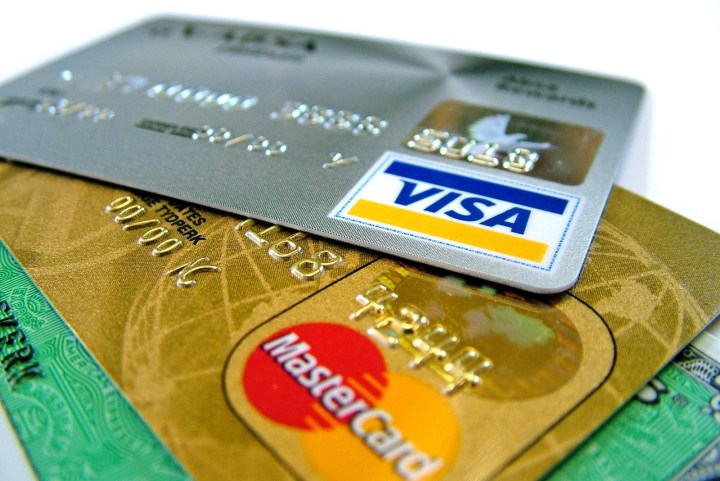
When discussing its reasons for moving beyond signatures, Discover mentioned several recent security measures, including chip cards and the ability for users to freeze their cards via the internet when it was misplaced.
In addition to Discover, Visa has announced that it is making signatures optional. As with Discover, Visa’s new rules regarding signatures will go into effect in April.
This move will likely be a welcome one for many credit card users, as it’s becoming increasingly rare for consumers actually sign real letters when signing at check-outs. We imagine the vast majority of retail workers never bother to check them, and the whole process is weak as a security measure.
Beyond that, the rise of online retail has made the concept of signatures obsolete. After all, Americans spend millions of dollars each year on online purchases, and none of those sales require a signature. The concept of signing your name for credit card purchases is an anachronism that seems rather ineffective in the age of Amazon and eBay.
Discover mentioned that stores interested in moving beyond signatures as a security method may need to update their point-of-sale systems. Given how slow some retailers can be to overhaul their systems, it may be some time before signatures are truly behind us. However, Discover’s decision will likely incentivize some businesses to get with the times.
Discover and Visa aren’t the only credit card companies moving away from the use of signatures and pin numbers. Earlier this year, MasterCard announced that it was considering switching to cards that use biometric fingerprint scanners, similar to the ones found on flagship smartphones such as Apple’s TouchID. The technology has been in the works for some time, but it’s unclear when we will see it hit the mainstream. Obviously, no technology is perfect, but fingerprint scanners are largely considered more secure than pins, which can be stolen or cracked.
Update: Added information about Visa making signatures optional.


